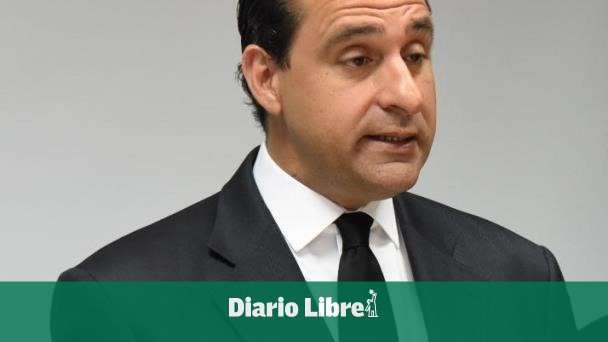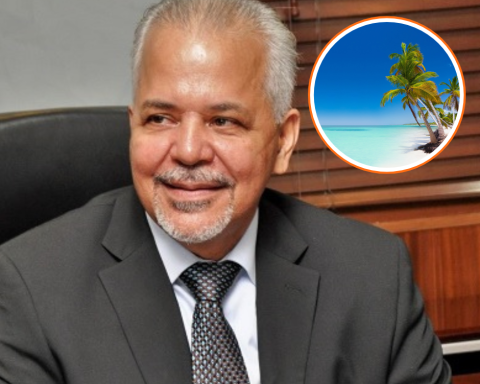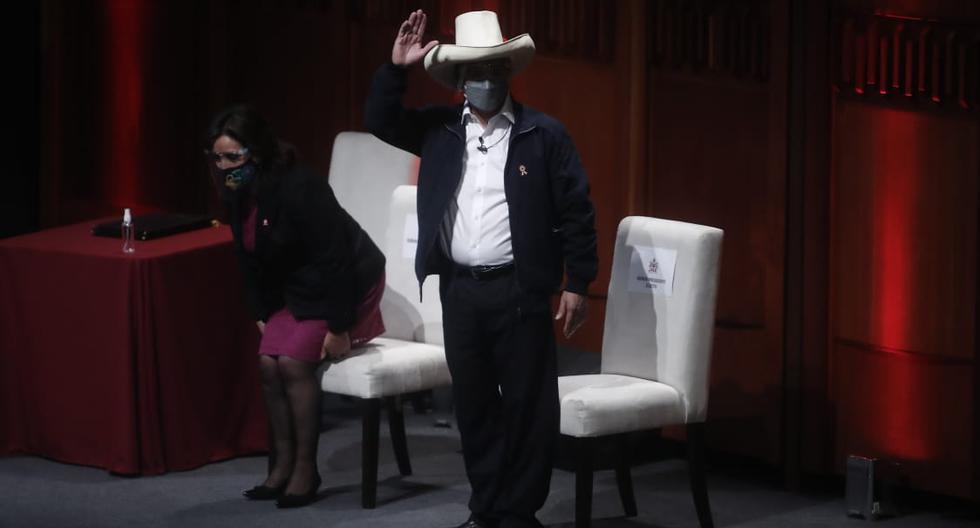The Vice President of the Institutionality and Justice Foundation (finjus), Servio Tulio Castaños Guzmánclarified this Thursday that the controversial bill on Trafficking in Persons, Exploitation and Smuggling of Migrantsdeposited at the end of last year by the Executive powerseeks to comply with various agreements reached by the Dominican Republic before international organizations.
He cited that the last of these agreements was the one signed in Palermo in 2006, when Leonel Fernandez He was president and established that the signatory countries should create regulations to prosecute these crimes.
“All the countries that signed that convention implemented a model law, for which reason the Executive Power sent Congress a commitment assumed from the international point of view,” narrowed.
He stated that the government of Luis Abinader did well by depositing the bill for it to be sanctioned by the two legislative chambers, because it is in this way that compliance with the international agreements reached 17 years ago can be directed.
He indicated that for the approval of this law the context of the Dominican Republic must be taken into consideration and the Constitution must not be violated.
After the controversy generated by this legislative proposal of the Executive, Castaños indicated that the debates, complaints, objections and recommendations must be discussed in the National Congress.
He even said that Finjus will take advantage of the opening of the debate announced by the Senate to bring your recommendations to the legislative piece.
“The president of the Senate, Eduardo Estrella, announced that the project will be submitted for debate, in which the concerns that any sector may have will be known, and that it will be in this scenario that FINJUS will present its proposals after studying the project”Executive Vice President of Finjus
He reiterated that “it is in Congress, which is the one that has the power to approve the norm, that the debates have to take place.”
the bill
He Executive power intends that with this law new functions be attributed to the Inter-institutional Commission for the Combat Human Trafficking and Smuggling of Migrants from the Dominican Republic (Citim), to “provide a coordinated response from all the instances that politically administer and provide care services for victims, whose Presidency will be exercised on a rotating basis every two years, in accordance with the successive order indicated in the article of integration of the plenary session, which it is determined by the Ministry of Foreign Affairs, the Public Ministry, the Ministry of Women, a representative of the Judiciary appointed by the plenary session of the Supreme Court of Justice; the General Directorate of Migration, the National Council for Children, the National Police, the Army of the Republic, the Ministry of Labor, the National Institute of Migration, the Ministry of Tourism, Interior and Police, the Navy of the Dominican Republic , the Specialized Corps for Land Border Security (Cesfront), the Ministry of Education and the National Health Service (SNS)”.
“Through this bill, the State will fully respond to human trafficking in all its formss, sexual exploitation, sexual slavery, forced marriage or union, servile marriage or union, irregular adoption, slavery, sale or rental of girls, boys or adolescents, forced labor, forced begging, exploitation labor, the use of girls, boys and adolescents in the commission of criminal acts, illegal removal of organs, illegal organ trafficking, illegal biomedical experimentation and other forms of exploitation,” said President Abinader in his letter to Eduardo Estrella, President of the Senate, when depositing the bill on December 13.
What is sought
Have a law on human trafficking that is in line with modern times, that increases the years in prison for those who commit this crime or that eliminates the requirement to prove force, fraud or coercion of victims of sex trafficking to under 18 years of age has been part of the demands of civil society and international actors, such as the United States, which annually issues a report that condemns these issues.
















